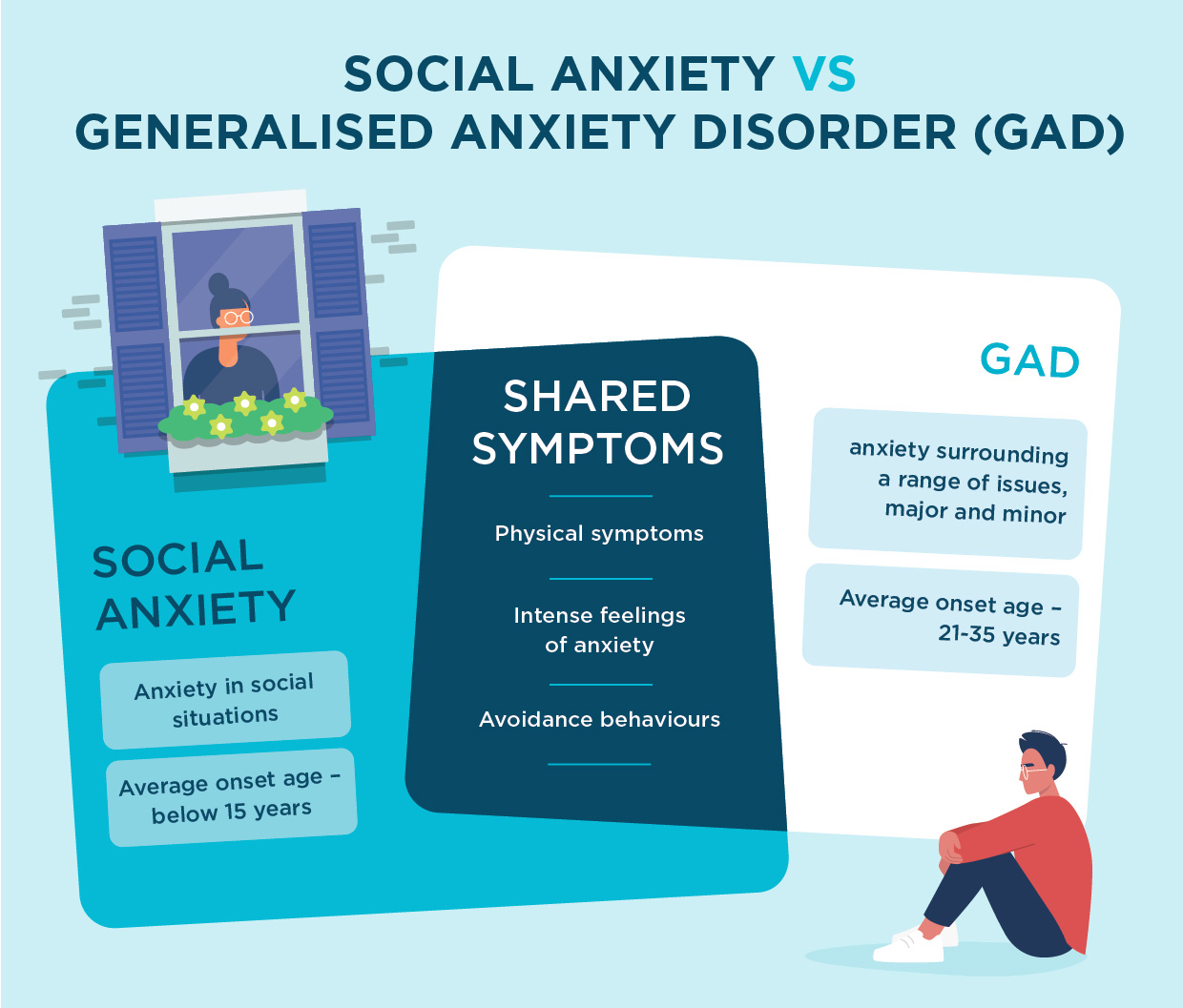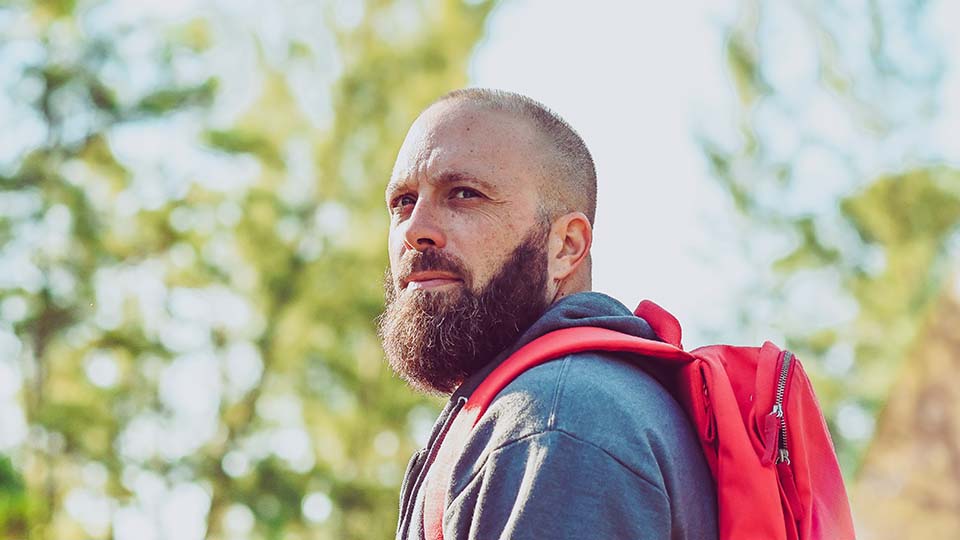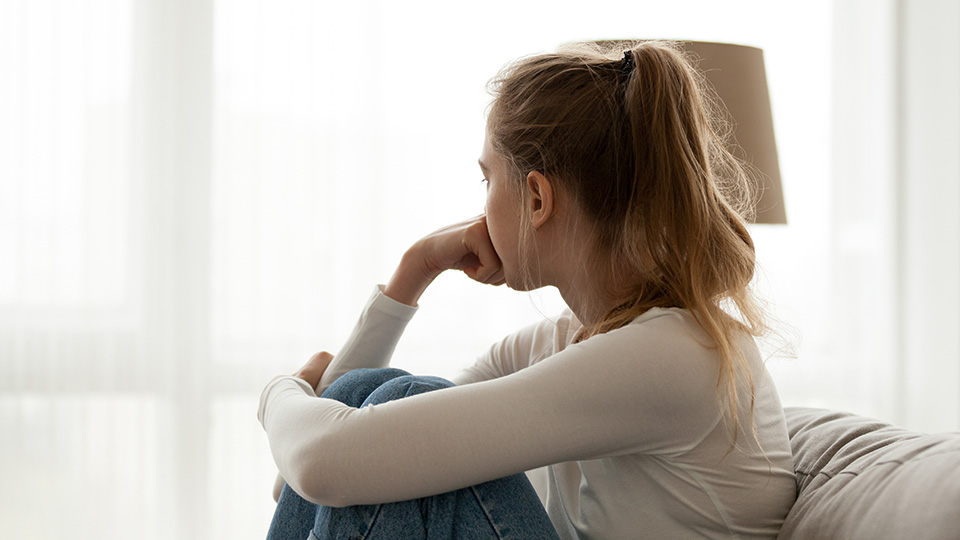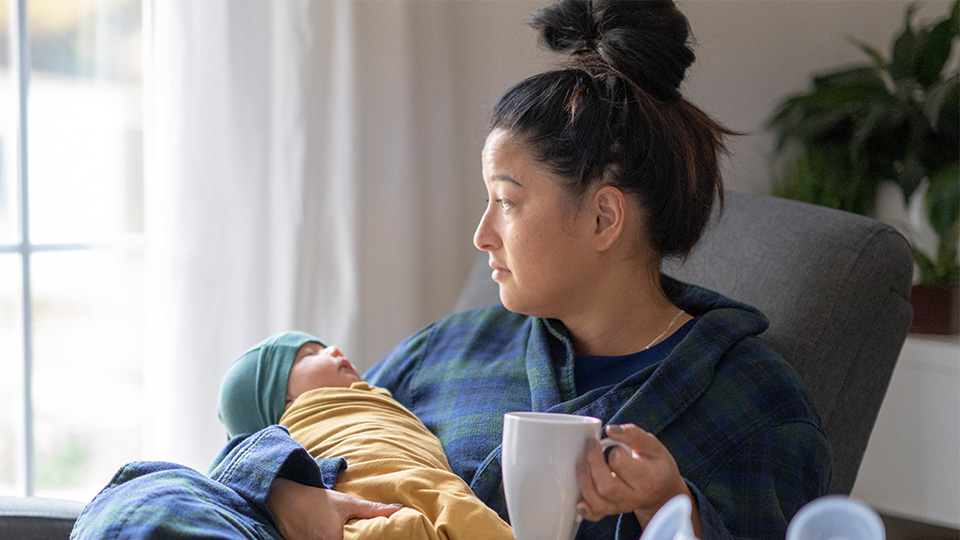There isn’t one single cause of social anxiety. It often develops from a mix of factors that shape how we think and feel in social situations.
Some people are more naturally sensitive or have a strong fear of being judged, which can make them more prone to anxiety. Temperament can also play a role. For example, children who show behavioural inhibition (a tendency to be shy, cautious or withdrawn in new situations) are at a higher risk of developing social anxiety later in life. Family history can also contribute, as anxiety can sometimes run in families.
Life experiences matter too. Social anxiety can start after an upsetting or embarrassing moment, or from growing up in an environment where there was a lot of criticism, bullying or pressure to ‘get things right’.
Overprotective parenting or a lack of social confidence during childhood can also contribute.
Most importantly, social anxiety isn’t a personal failing – it’s a common response to how our brains and past experiences interact.








